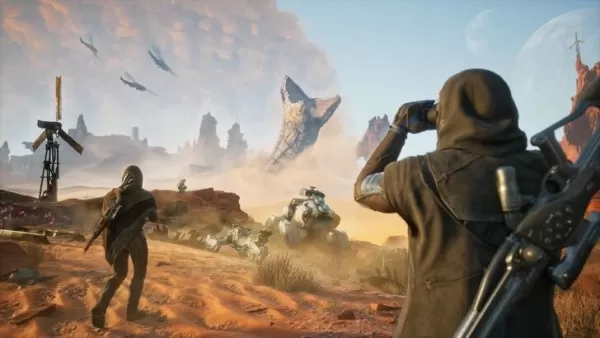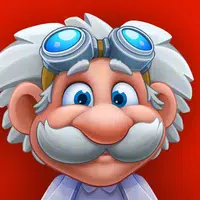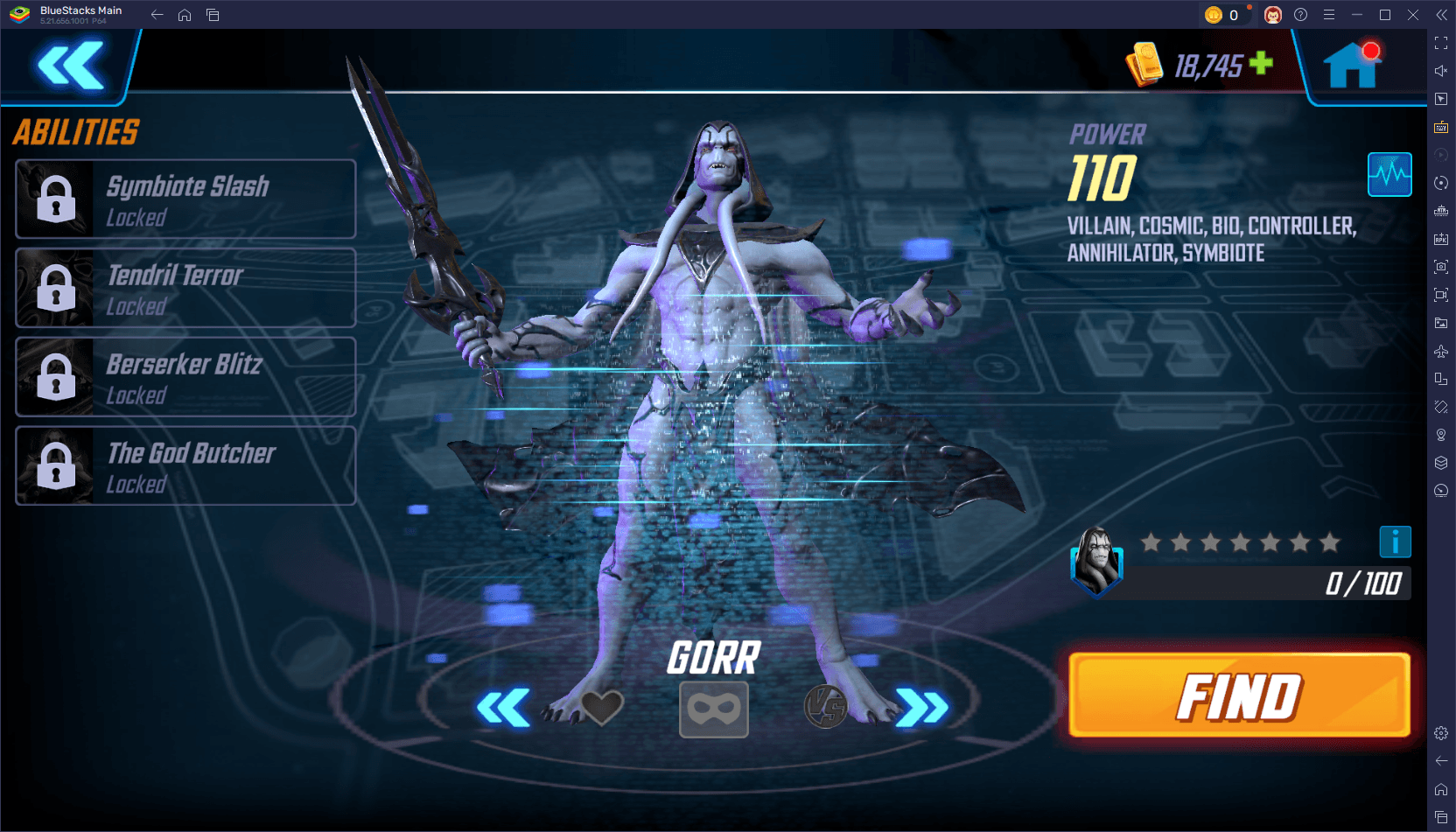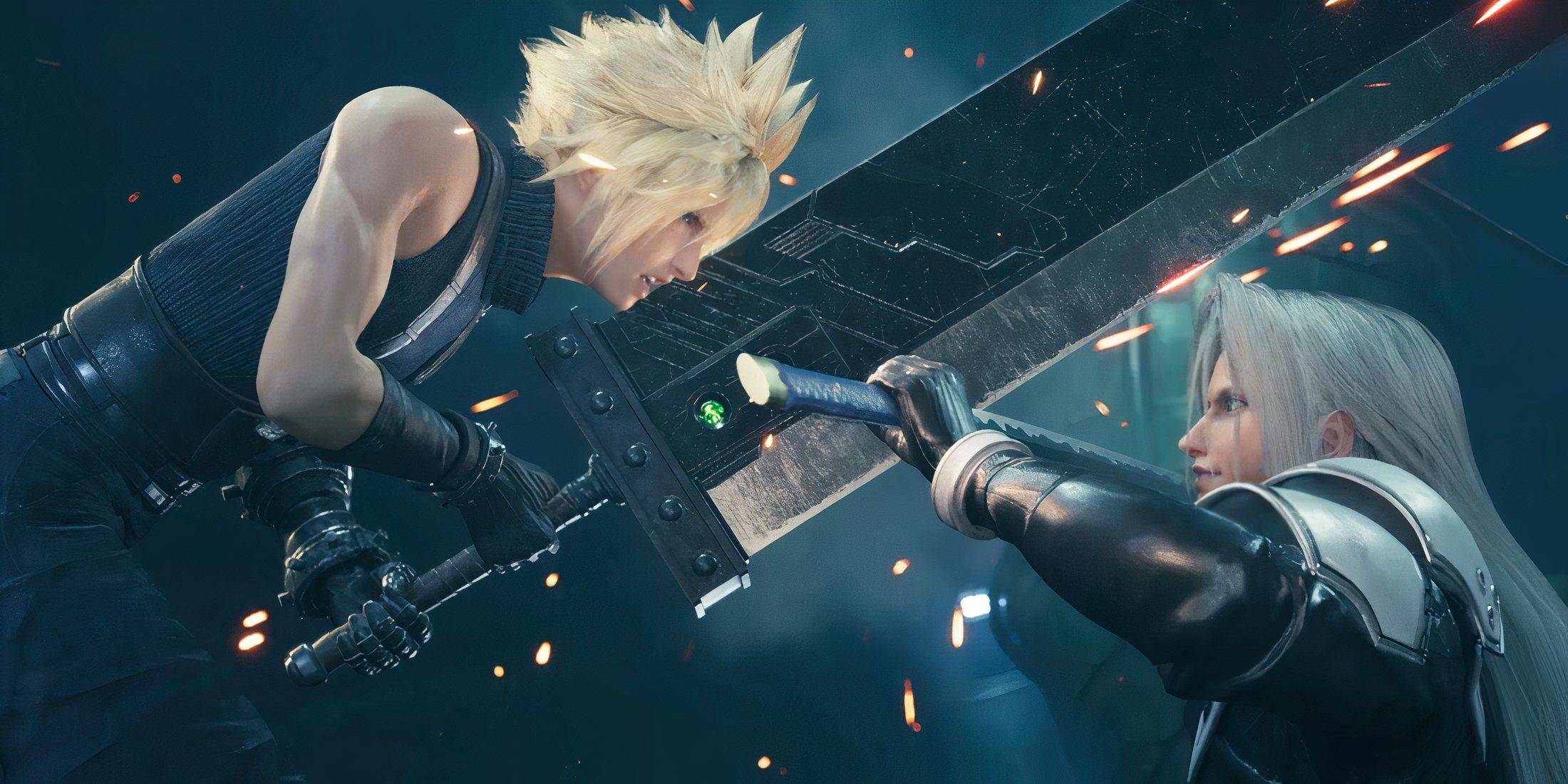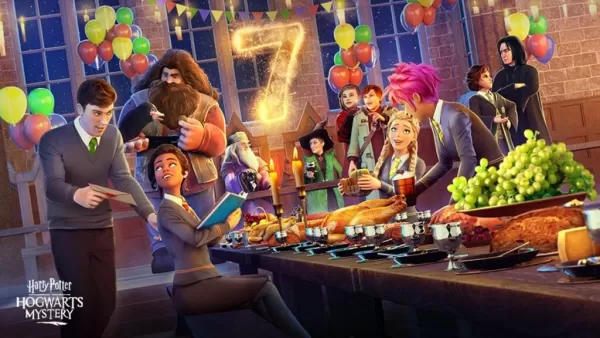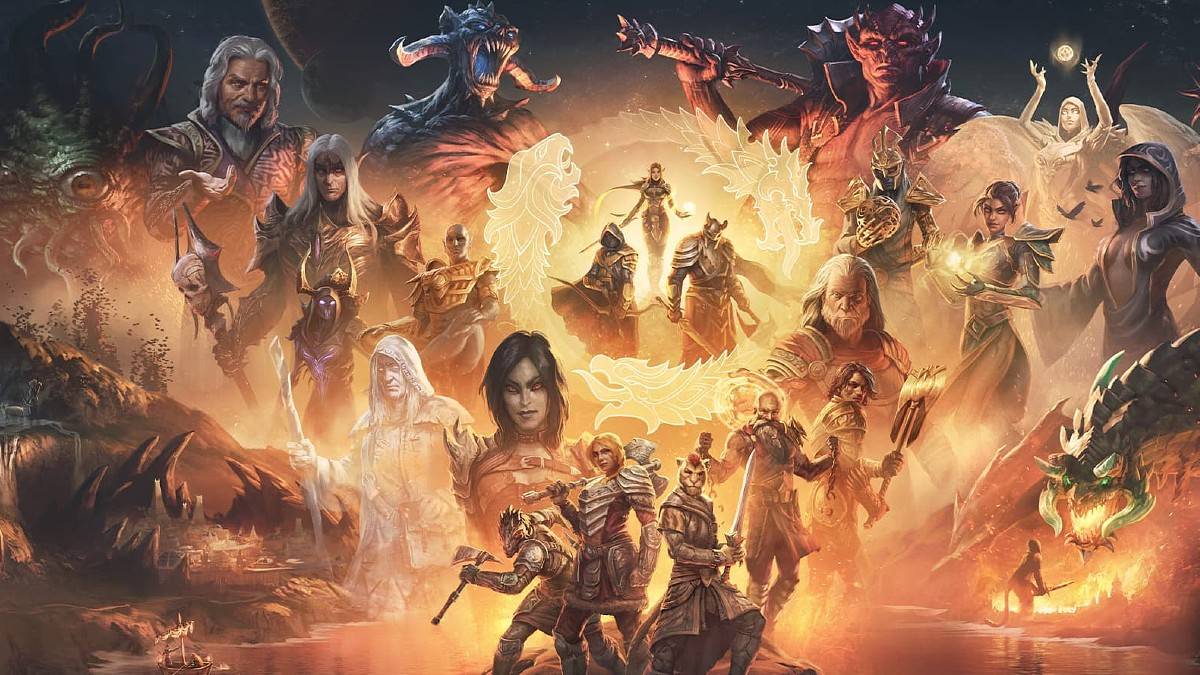At the DICE Summit in Las Vegas, Naughty Dog's Neil Druckmann and Sony Santa Monica's Cory Barlog discussed the pervasive theme of doubt in game development. Their hour-long conversation covered personal insecurities, creative processes, and the challenges of sequels.
A question regarding character development across multiple games prompted a surprising response from Druckmann: he doesn't plan sequels. He focuses intensely on the current project, treating each game as a standalone entity. While occasional sequel ideas emerge, he prioritizes incorporating them into the present game rather than saving them for future installments. He explained his approach using The Last of Us Part II as an example, emphasizing his "what if this is the only one?" mentality. He doesn't stockpile ideas; if an idea is compelling, it's integrated immediately.
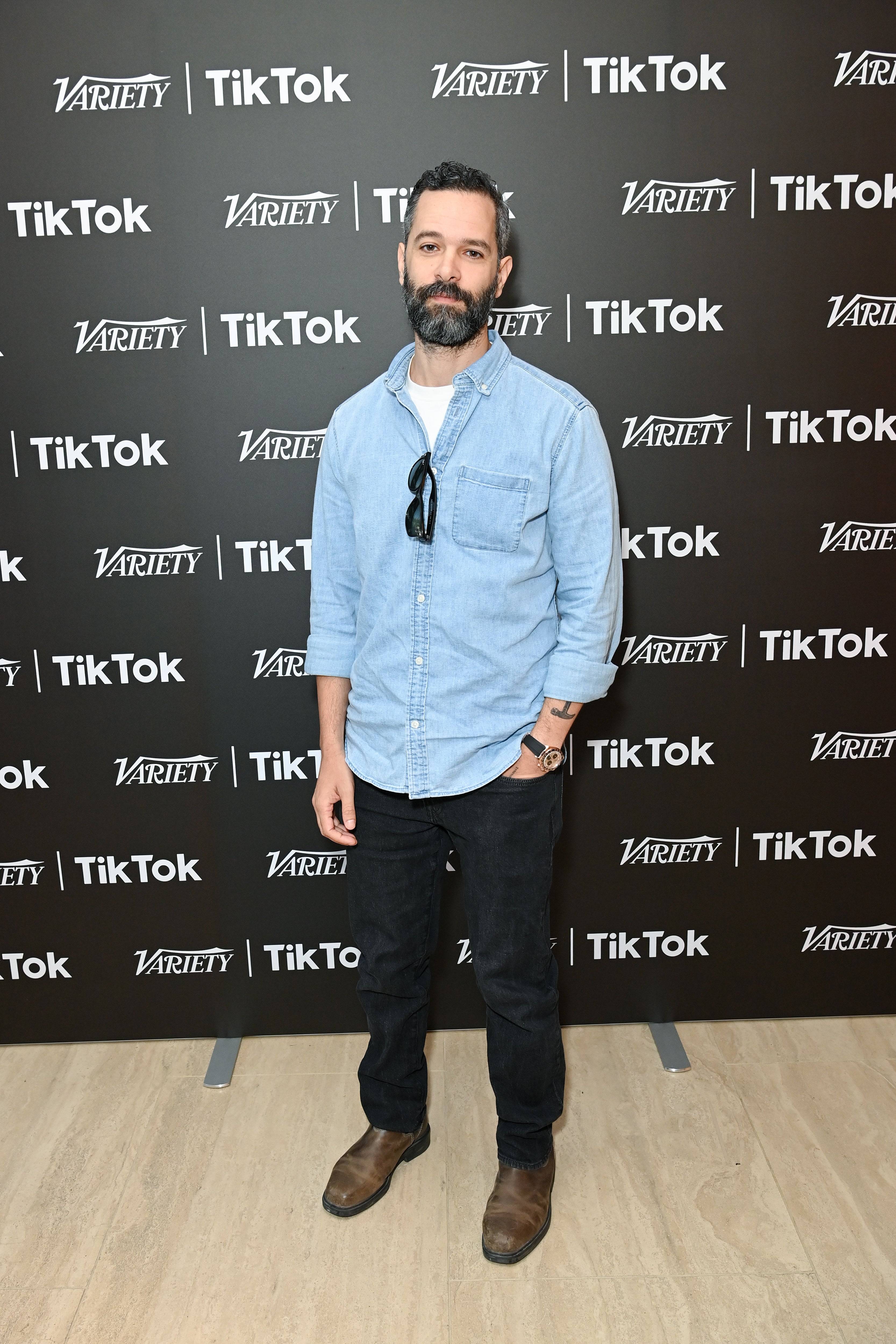
This philosophy extends to his work, except for the Last of Us TV show, which has a predetermined multi-season structure. For sequels, he retrospectively examines unresolved elements and character arcs, deciding whether further development is viable. If not, he's even joked about simply killing off characters. He cites the Uncharted series as an example, explaining how each sequel's narrative and direction emerged organically from the previous game, ensuring originality and preventing repetition. If a new direction can't be found, it's a sign to consider if the character or game concept is the right fit.
Barlog, conversely, employs a highly meticulous, long-term planning approach, connecting current projects to ideas conceived years prior. He likened his method to a complex, interconnected web, but acknowledged the inherent stress and potential for disruption from shifting teams, perspectives, and evolving tastes. He admitted this approach is incredibly demanding and potentially unhealthy.
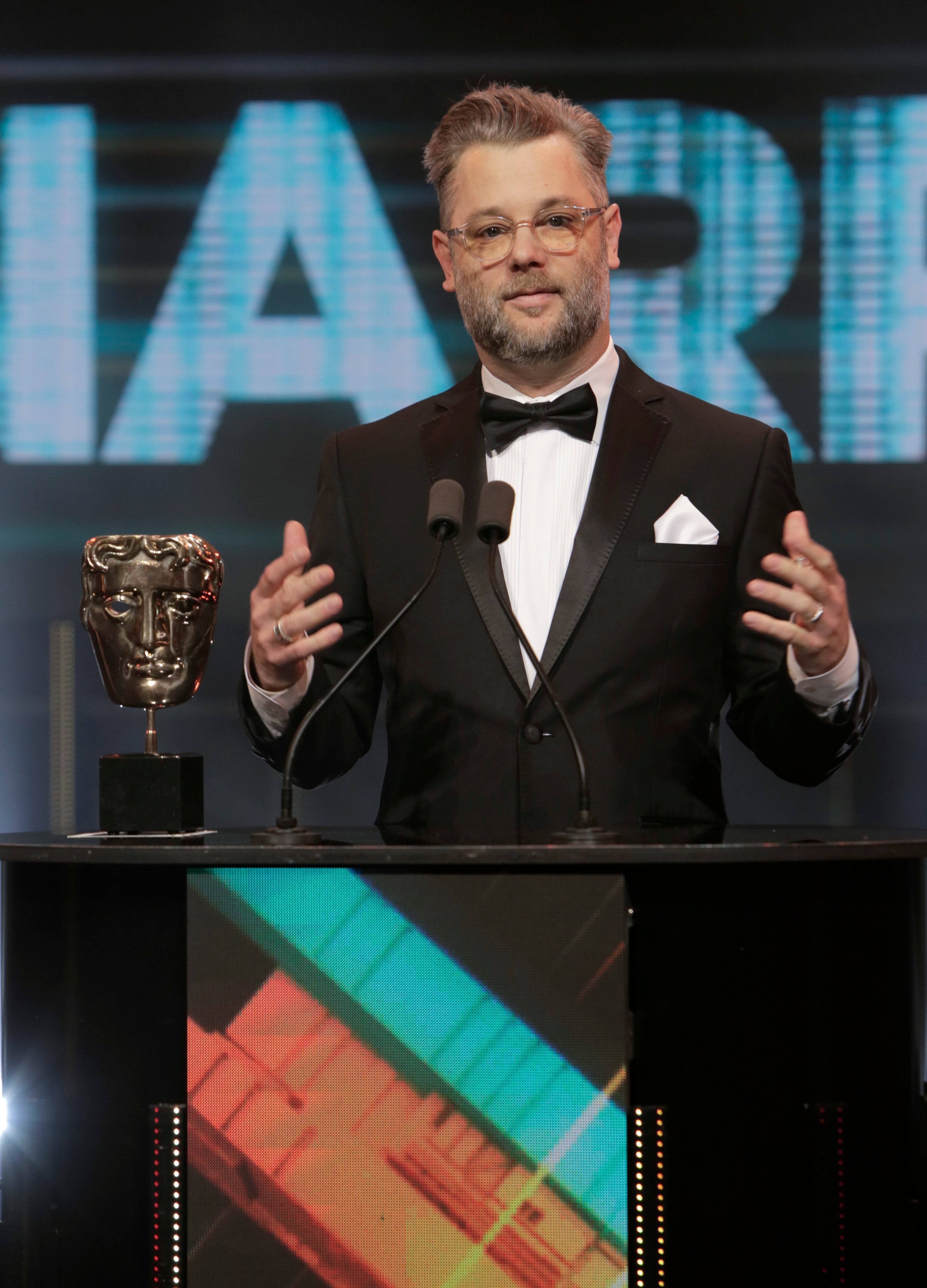
Druckmann contrasted this, stating he lacks the confidence to plan so far ahead, preferring to concentrate on immediate tasks. He highlighted his passion for game development, echoing Pedro Pascal's sentiment that creating art is the driving force behind his work. Despite the immense stress and negativity that can accompany the industry, the joy of game creation and collaboration outweighs the challenges.
Druckmann then questioned Barlog about the point at which the relentless drive to create becomes excessive, referencing Ted Price's recent retirement. Barlog's candid response revealed the never-ending nature of this creative compulsion. Reaching a milestone, like completing a game, doesn't bring satisfaction; instead, it merely reveals a new, even taller mountain to climb. He admitted this self-driven pursuit is both a blessing and a curse, often ignoring advice to slow down or take breaks.
Druckmann shared a similar sentiment but with a more measured tone, mentioning Jason Rubin's advice about leaving space for others to grow. He's gradually reducing his day-to-day involvement, creating opportunities for others to take on leadership roles and embrace the creative process. This eventual withdrawal, he believes, will create space for the next generation of creators. Barlog's humorous response to this was a simple, "Very convincing. I'm going to retire."





